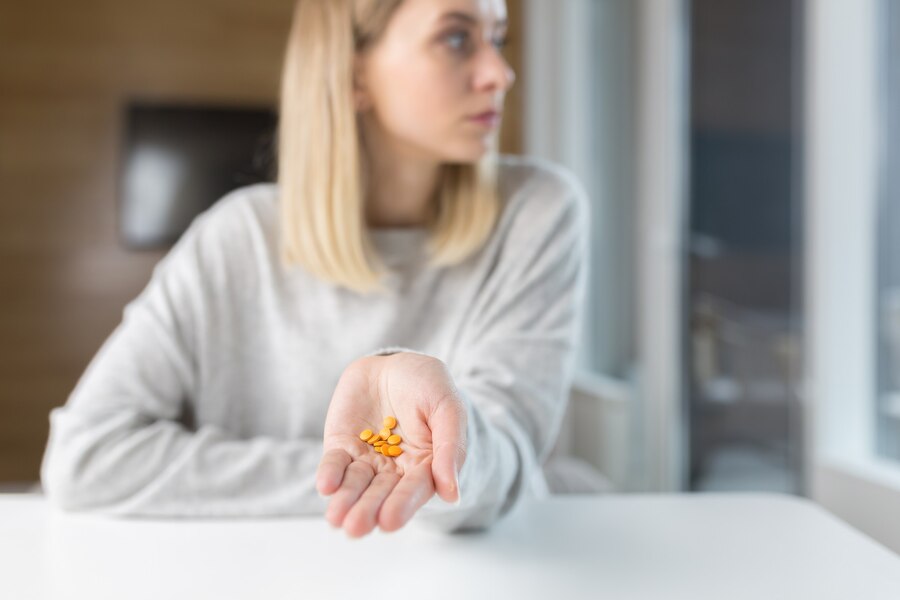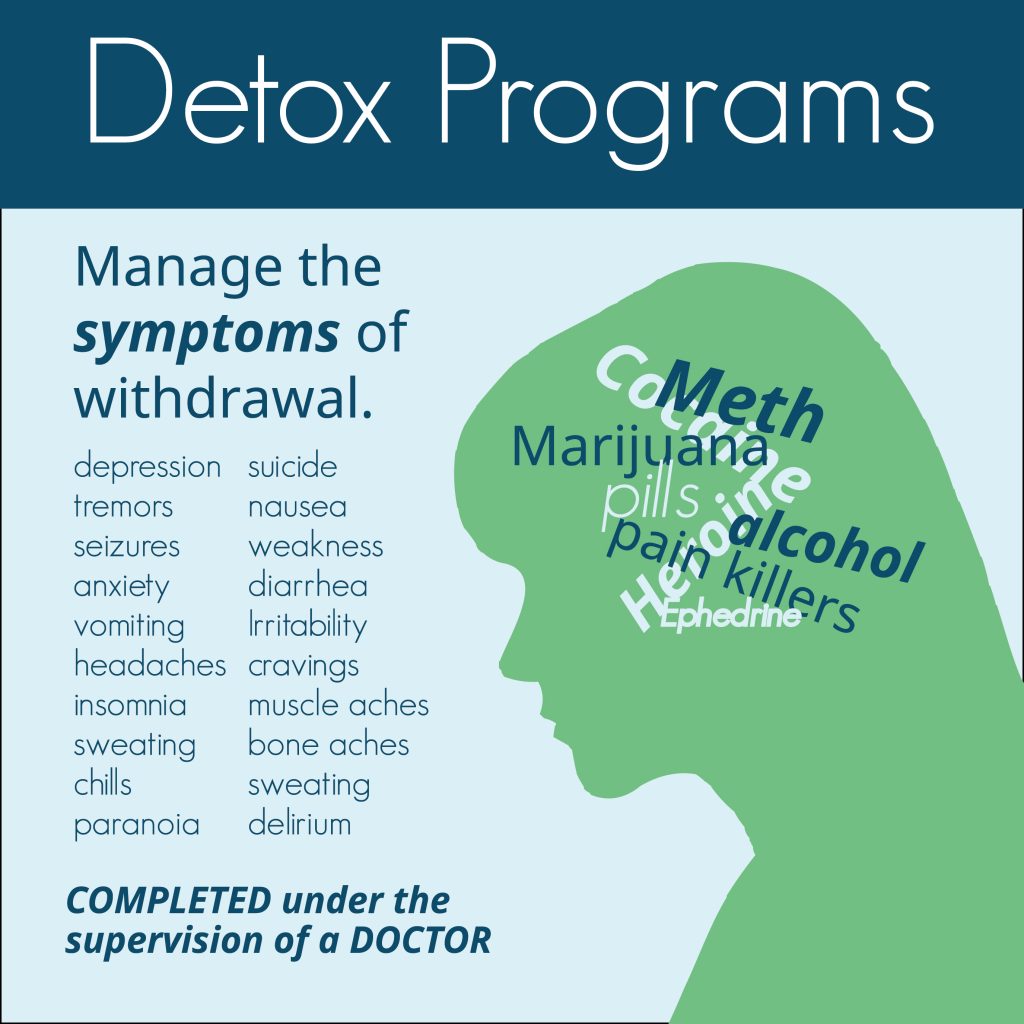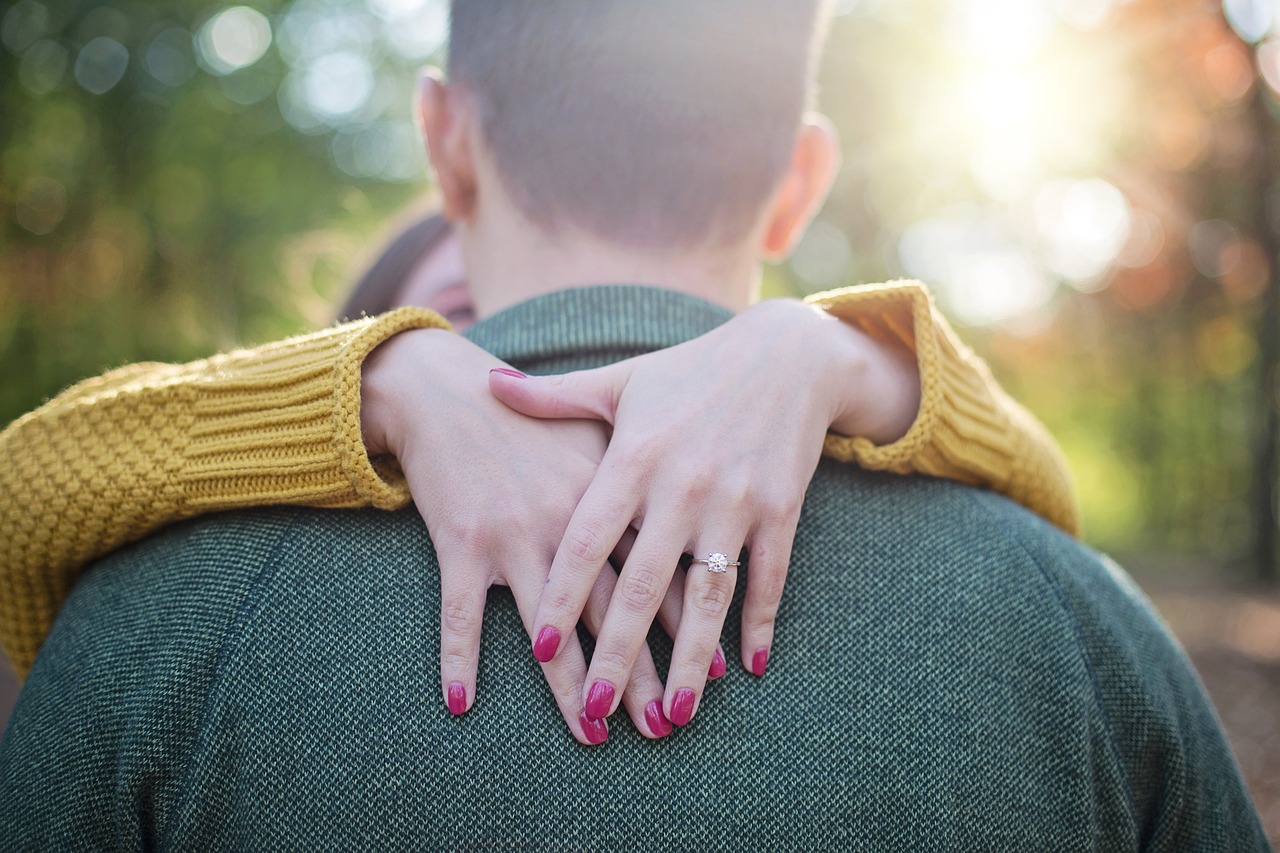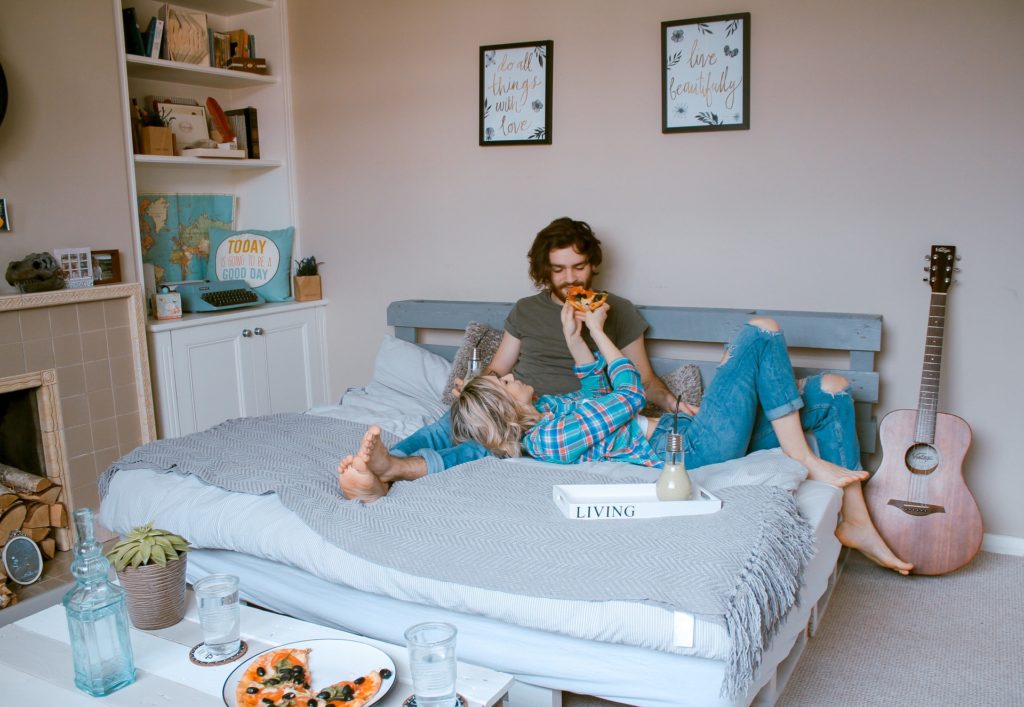Unveiling the Complexities of Substance Abuse: A Comprehensive Guide to Causes, Addiction, and Treatment at Couples Rehabs
Substance abuse is a pervasive issue that affects individuals, families, and communities across the globe. When it comes to couples, the challenges can be even more complex, as the dynamics of a relationship can both contribute to and be affected by substance use disorders. Understanding the intricacies of substance abuse within the context of a relationship is crucial for effective treatment and long-term recovery.
This article delves into the multifaceted nature of substance abuse, specifically focusing on the unique challenges faced by couples. By examining the underlying causes, including genetic, environmental, and psychological factors, we aim to shed light on why substance addiction occurs in the first place. Additionally, we will explore the reasons that drive individuals towards substance abuse, such as stress, peer pressure, and mental health issues.
Furthermore, the article will provide an in-depth look at various substance abuse treatment programs designed to help couples navigate the difficult road to recovery. From inpatient and outpatient programs to different therapeutic approaches, understanding the available options is vital for making informed decisions about treatment.
Through this comprehensive overview, we hope to offer valuable insights and practical information for couples struggling with substance abuse, as well as for their families and healthcare providers.
Couples Rehabs Services 888-325-2454
Causes of Substance Abuse
Understanding the causes of substance abuse is crucial for developing effective treatment strategies and preventive measures. Substance abuse is a multifaceted issue influenced by an interplay of genetic, environmental, and psychological factors. Here, we delve into these primary contributors to provide a comprehensive view of why individuals may develop substance abuse problems.
A. Genetic Factors in Substance Abuse
Research has consistently shown that genetics play a significant role in the risk of developing substance abuse disorders. Studies involving twins, adoptees, and families indicate that approximately 40-60% of an individual’s vulnerability to addiction can be attributed to genetic factors. Specific genes have been identified that affect the brain’s response to drugs and alcohol, making some people more susceptible to addiction. For example, variations in the genes that code for dopamine receptors can influence how rewarding a person finds certain substances, potentially increasing the likelihood of repeated use and eventual addiction.
B. Environmental Influences
Environmental factors are equally influential in the development of substance abuse. These include the availability of drugs, exposure to drug-using peers or family members, and socioeconomic status. Individuals growing up in environments where substance use is normalized or readily accessible are at a higher risk of developing substance abuse problems. Additionally, childhood experiences, such as trauma, neglect, or abuse, can significantly impact one’s susceptibility to substance abuse. Early exposure to these adverse conditions can lead to maladaptive coping mechanisms, increasing the likelihood of turning to substances as a form of escape or self-medication.
C. Psychological Factors
Psychological factors also play a critical role in substance abuse. Conditions such as depression, anxiety, and other mental health disorders are closely linked with substance abuse. Individuals suffering from these conditions may use drugs or alcohol as a way to self-medicate, seeking temporary relief from their psychological distress. Furthermore, personality traits such as impulsivity, low self-esteem, and a propensity for risk-taking behaviors can also contribute to the likelihood of developing substance abuse disorders. The interplay between psychological distress and substance use often creates a vicious cycle, where the substance use exacerbates the mental health issues, leading to increased dependency on the substances.
In summary, the causes of substance abuse are complex and multifactorial, involving genetic predispositions, environmental exposures, and psychological conditions. Understanding these underlying factors is essential for developing targeted interventions and effective treatment programs tailored to the unique needs of individuals struggling with substance abuse.
Reasons for Substance Addiction
Substance addiction, a complex and multifaceted issue, often stems from a combination of various factors. Understanding these reasons can provide valuable insights into the challenges faced by individuals and couples in Substance abuse treatment programs. This section explores three primary reasons for substance addiction: stress and coping mechanisms, peer pressure, and mental health issues.
A. Stress and Coping Mechanisms
Stress is an unavoidable part of life, but how individuals manage stress can significantly influence their likelihood of developing a substance addiction. Many people turn to drugs or alcohol as a means of coping with chronic stress, whether it stems from work, personal relationships, or financial pressures. The temporary relief that substances provide can create a dangerous cycle of dependency. Over time, the brain’s reward system becomes altered, making it increasingly difficult for individuals to cope with stress without the aid of substances. This maladaptive coping mechanism is particularly pronounced in couples where one or both partners may rely on substances to manage stress, potentially reinforcing each other’s behaviors.
B. Peer Pressure
Peer pressure is another significant factor contributing to substance addiction. This influence is especially strong during adolescence and young adulthood, but it can persist into later stages of life. Individuals may begin using substances to fit in with a social group, gain acceptance, or avoid ridicule. In a couple’s dynamic, peer pressure can manifest in the form of one partner influencing the other to use substances. This can create a shared pattern of abuse that is difficult to break without professional intervention. Peer pressure not only initiates substance use but can also perpetuate it, making individuals feel trapped in their addiction due to fear of social isolation or rejection.
C. Mental Health Issues
Mental health issues and substance addiction often coexist, creating a dual diagnosis that complicates treatment. Conditions such as depression, anxiety, bipolar disorder, and post-traumatic stress disorder (PTSD) can significantly increase the risk of substance abuse. Individuals with untreated or inadequately managed mental health issues may use substances as a form of self-medication to alleviate their symptoms. This can lead to a vicious cycle where substance use exacerbates mental health issues, further entrenching the addiction. In couples, the presence of mental health issues in one or both partners can create a shared environment of instability and mutual enablement, making it essential for treatment programs to address both mental health and addiction concurrently.
In summary, the reasons for substance addiction are multifaceted and interwoven, often involving a combination of stress, peer pressure, and underlying mental health issues. Understanding these factors is crucial for developing effective substance abuse treatment programs tailored to the unique needs of individuals and couples. By addressing the root causes of addiction, treatment programs can offer a more comprehensive and sustainable path to recovery.

Substance Abuse Treatment Programs
Substance abuse treatment programs are essential for couples seeking to overcome addiction together. These programs offer a structured environment where partners can support each other through the recovery process while also addressing their individual needs. Treatment programs for substance abuse are generally categorized into inpatient programs, outpatient programs, and therapeutic approaches, each offering unique benefits and tailored strategies to aid recovery.
A. Inpatient Programs
Inpatient programs provide a highly structured and immersive environment for couples battling substance abuse. These residential treatment programs require individuals to live at the facility for a designated period, typically ranging from 30 to 90 days. The primary advantage of inpatient programs is the constant access to medical and psychological support, which is crucial for managing withdrawal symptoms and preventing relapse.
Inpatient programs for couples often include detoxification services, individual and group therapy sessions, and educational workshops about substance abuse and its effects. Additionally, these programs emphasize building a strong support network, which is vital for long-term recovery. Couples can benefit from relationship counseling to address any co-dependency issues and improve communication skills, fostering a healthier, substance-free relationship.
B. Outpatient Programs
Outpatient programs offer more flexibility than inpatient programs, allowing individuals to continue their daily responsibilities while receiving treatment. These programs are ideal for couples who have strong support systems at home and are committed to maintaining their recovery while managing work and family obligations.
Outpatient treatment typically involves regular visits to a treatment facility for counseling sessions, medical check-ups, and group therapy. The frequency and duration of these visits can vary based on the severity of the addiction and the progress of the individuals involved. For couples, outpatient programs provide an opportunity to practice the skills learned in therapy in real-life situations, which can reinforce their commitment to sobriety.
C. Therapeutic Approaches
Therapeutic approaches in substance abuse treatment are diverse and can be tailored to meet the specific needs of each couple. Common therapeutic methods include Cognitive Behavioral Therapy (CBT), Dialectical Behavior Therapy (DBT), and Motivational Interviewing (MI). These therapies aim to address the underlying psychological factors contributing to substance abuse and equip individuals with coping strategies to handle stress and triggers.
Couples therapy is another crucial component of substance abuse treatment, focusing on improving relationship dynamics and fostering mutual support. Techniques such as Behavioral Couples Therapy (BCT) have shown promise in enhancing relationship satisfaction and reducing substance use. BCT involves joint sessions where couples work on improving communication, developing problem-solving skills, and setting mutual goals for recovery.
Additionally, holistic approaches such as yoga, meditation, and art therapy can complement traditional therapeutic methods. These practices help individuals develop mindfulness, reduce stress, and find alternative ways to cope with cravings and emotional challenges.
In conclusion, substance abuse treatment programs for couples offer a comprehensive approach to recovery, addressing both individual and relational aspects of addiction. By participating in inpatient or outpatient programs and engaging in various therapeutic approaches, couples can build a strong foundation for a healthy, substance-free future.
Substance Abuse Treatment at Couples Rehabs
Understanding substance abuse, especially within the context of Couples rehabs, requires a comprehensive approach that considers various factors and treatment modalities. The causes of substance abuse are multifaceted, stemming from genetic predispositions, environmental influences, and psychological factors. These elements intertwine to create a complex web that can make overcoming addiction a formidable challenge.
The reasons for substance addiction are equally diverse, with stress, peer pressure, and underlying mental health issues often serving as significant contributors. Recognizing these triggers is crucial in developing effective treatment strategies that address the root causes rather than merely treating the symptoms.
Substance abuse treatment programs offer a range of options to meet the unique needs of individuals and couples. Inpatient programs provide intensive, round-the-clock care, while outpatient programs offer flexibility for those who need to balance treatment with daily responsibilities. Therapeutic approaches, including cognitive-behavioral therapy, family therapy, and holistic methods, play a critical role in helping individuals achieve and maintain sobriety.
Couples rehabs, in particular, emphasize the importance of mutual support and shared recovery journeys. These programs can be especially beneficial in fostering communication, rebuilding trust, and creating a supportive environment where both partners can thrive.
In conclusion, addressing substance abuse requires a nuanced understanding of its causes and contributing factors. By leveraging a variety of treatment programs and therapeutic approaches, couples rehabs can provide the necessary support for individuals and their partners to overcome addiction and build healthier, more fulfilling lives together. The journey to recovery is undoubtedly challenging, but with the right resources and support, it is entirely possible to achieve lasting sobriety and a renewed sense of well-being.

FAQs
How does substance abuse affect couples?
Answer: Substance abuse can create a toxic dynamic in relationships. It can lead to broken trust, financial strain, emotional neglect, and increased conflict. Understanding Substance Abuse at Couples Rehabs can equip you to heal together.
Can one partner’s addiction trigger substance abuse in the other?
Answer: Yes, sometimes codependency or coping mechanisms can lead to co-occurring addiction in couples. Couples Rehabs address these issues and foster healthy communication to break the cycle.
Is couples rehab only for couples who use substances together?
Answer: Not necessarily. Couples Rehabs are beneficial even if only one partner struggles with addiction. These programs help rebuild trust, develop healthy boundaries, and learn to support each other’s recovery journeys.
Addressing Underlying Issues
Do couples rehabs only focus on substance abuse, or do they address other issues?
Answer: While addiction is a primary focus, Couples Rehabs understand the complex web of underlying issues that may have contributed to substance abuse. Programs address communication problems, past traumas, and unhealthy relationship patterns.
What are some benefits of attending couples rehab together?
Answer: Couples Rehabs offer a safe space for open communication, shared healing, and developing healthy coping mechanisms together. This strengthens your bond and increases your chances of long-term recovery as a couple.
Is couples rehab right for us if there’s a lot of anger and resentment?
Answer: Couples Rehabs can be particularly helpful in such situations. Therapists create a safe space for productive conversations, teach you healthy conflict resolution skills, and foster forgiveness to rebuild trust and a healthy relationship.
The Recovery Process for Couples
What should we expect from a couples rehab program?
Answer: Couples Rehabs typically offer a combination of individual therapy, couples counseling, group sessions, educational workshops, and relapse prevention training. The specific program will be tailored to your needs.
Can couples rehab programs help us learn to communicate better?
Answer: Absolutely! Couples Rehabs equip you with communication tools to express your needs effectively and listen actively to your partner. This fosters empathy and understanding within the relationship.
How does couples rehab address relapse prevention for both partners?
Answer: Couples Rehabs provide strategies to identify triggers, develop healthy coping mechanisms, and create a support system together. This increases your resilience and strengthens your commitment to long-term recovery.
What happens after couples rehab?
Answer: Couples Rehabs equip you with the tools to navigate challenges and support each other’s ongoing recovery. Many programs offer aftercare services and alumni programs for continued support as a couple.











Recent Comments